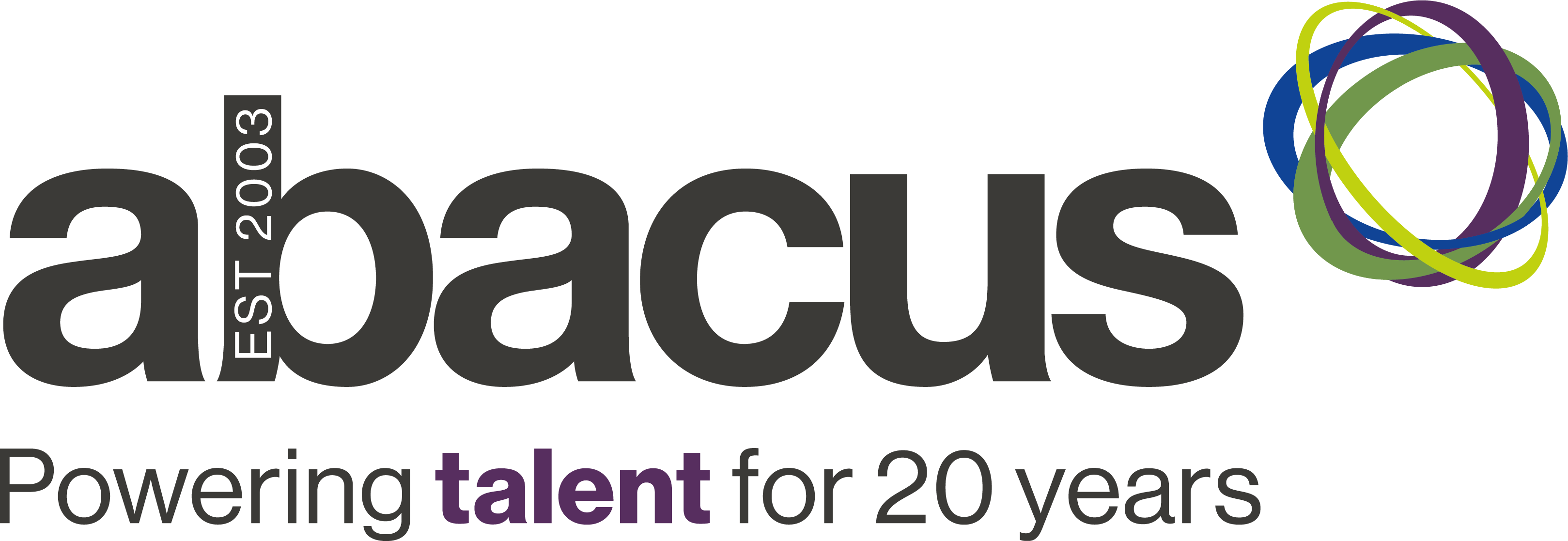
Unstructured Interviews
16 January 2019 by Justin Rush
Unstructured Interviews:
Unstructured interviews can be more difficult as there can be a combination of planned and unplanned questions which can vary between candidates. This variation can create a lack of precision and dependability between different candidate’s responses as they could be asked different questions and therefore their answers may not be easily comparable.
In Unstructured Interviews the questions are used to gauge the candidate’s understanding and capabilities. Questions can also be altered depending on the candidate’s response.
Key Features
While this style of interview allows the interviewer to get more clarity about the candidate and dig deeper into their responses, the candidate can feel more at ease as this style can lean more towards being more informal and the candidate can explain their responses in greater detail.
For more information regarding Structured Interviews contact the Abacus Careers Team on 028 9031 3157 | [email protected]
Share this blog
Related Blogs

Feeling Good Together: Our ‘Healthy January’ Recap
At Abacus Careers, we kicked off the year with a boost of energy through our
Read More
Navigating the IT Talent Landscape: Insights from Pierce McConvey
Our newest IT team member, Pierce, shares the latest lessons learned in the ever-evolving world
Read More
Making a Difference in Our Community
As we bid farewell to 2023, we take pride in reflecting on the meaningful contributions
Read More
Key advantages of hiring professional staff on a contract basis in today’s N.Ireland labour market.
As economic indicators improve and consensus that a recession will be avoided in 2024 in
Read More